World Food Programme-backed project allows farmers to harvest chillis, tomatoes and cucumbers in spite of degraded land
There's little remarkable about a greenhouse growing chillis, cucumbers and tomatoes until you learn that it's situated in the 'Dry Corridor'-a vast stretch of Central America where drought linked to the El Niño climate phenomenon is pushing more and more people into food insecurity.
Farmers in countries such as El Salvador, Honduras and Guatemala are unable to grow and this makes accessing food difficult for millions of people.
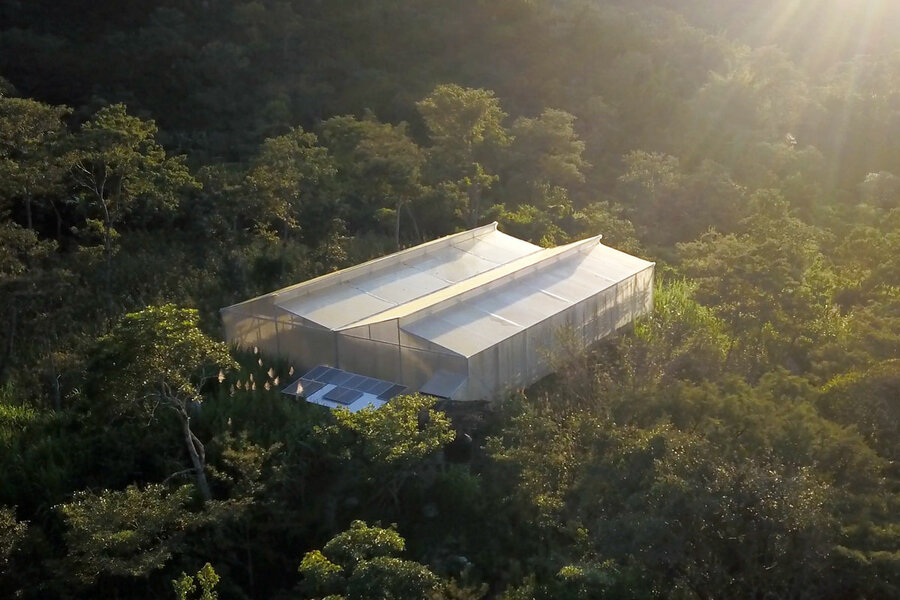
In one of a number of projects supported by World Food Programme (WFP), three Salvadoran farmers have turned one of the driest strips of land in their community of Cacaopera, in the picturesque, mountain-rimmed department of Morazán, into a green haven.
Team leader Cristino, 65, Germán, 55, and Petronilo, 21, get up at 6 a.m. every day to work in "La Casa de Oro"-the house of gold, a greenhouse set up in 2018 that exploits the nutritious properties of ground pumice stones as a substitute for soil.
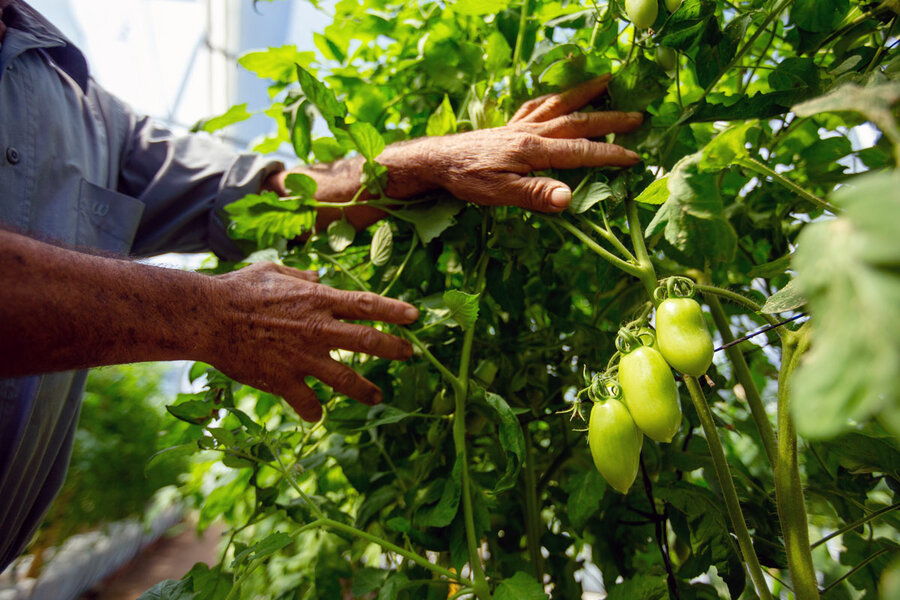
This form of soilless cultivation is an offshoot of hydroponics technology which facilitates intensive farming with minimal water.
Solar panels activate the drip-irrigation system of hundreds of buckets collecting water, into which fertilizer is fed-as well solving the huge problem of not having fertile land, this system reduces the chances of pest infestation, disease and exposure to heavy rains.
"The greenhouse is 500 square metres," says Petronilo. "There are 14 rows of 76 lines ... I love working here."
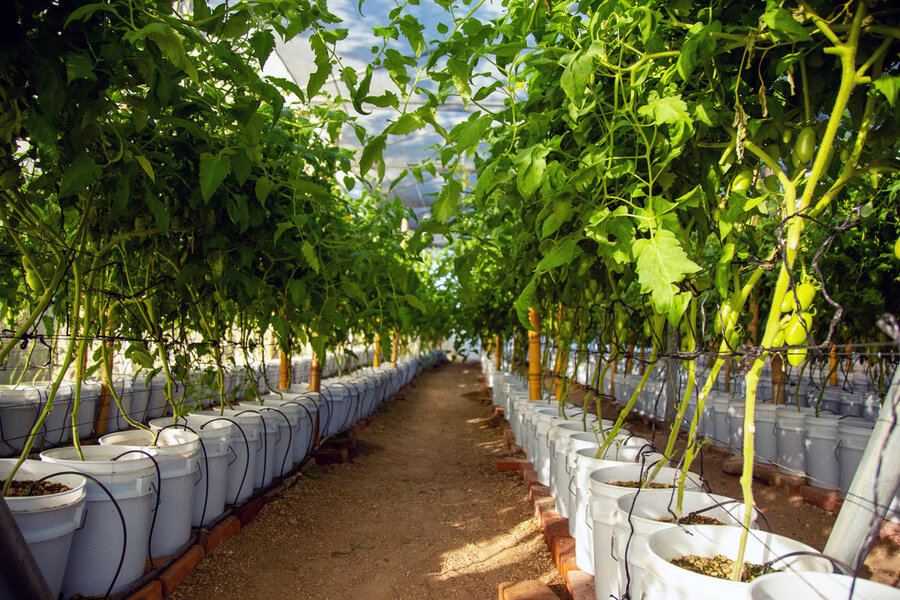
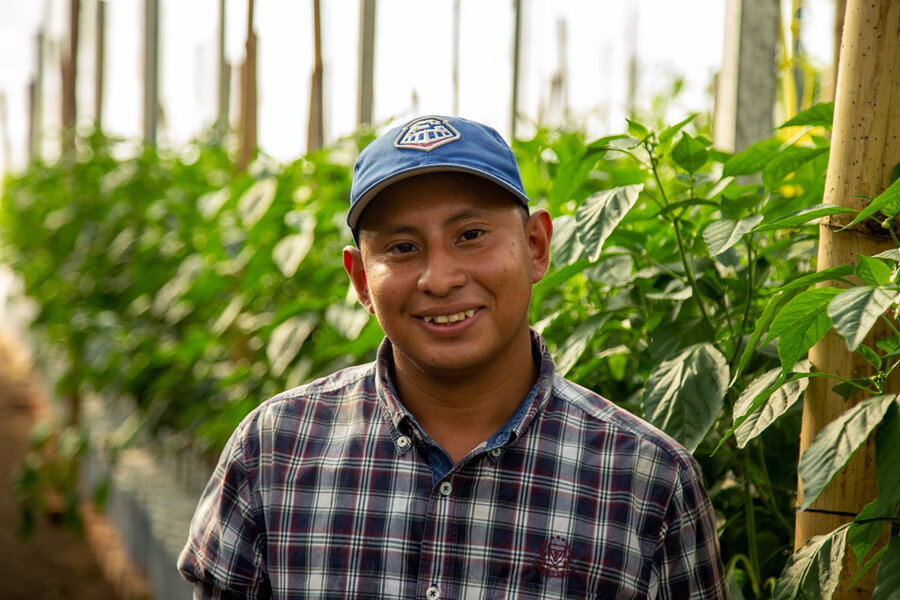
Cristino calls the vegetables they grow a "treasure"-the scheme enables farmers to work around the disastrous effects of climate change to produce food over the long term, earn an income and feed their loved ones.
"My family is happy for the work that I do, it is an honest job," says Petrolino, pointing to the risks facing young men in a place where there are few jobs available. "They know you are not involved in bad things."
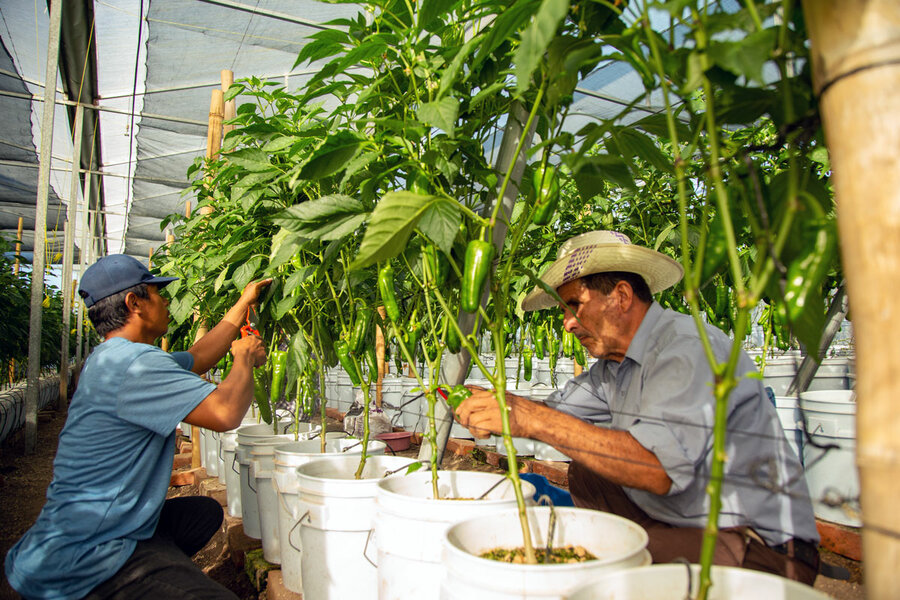
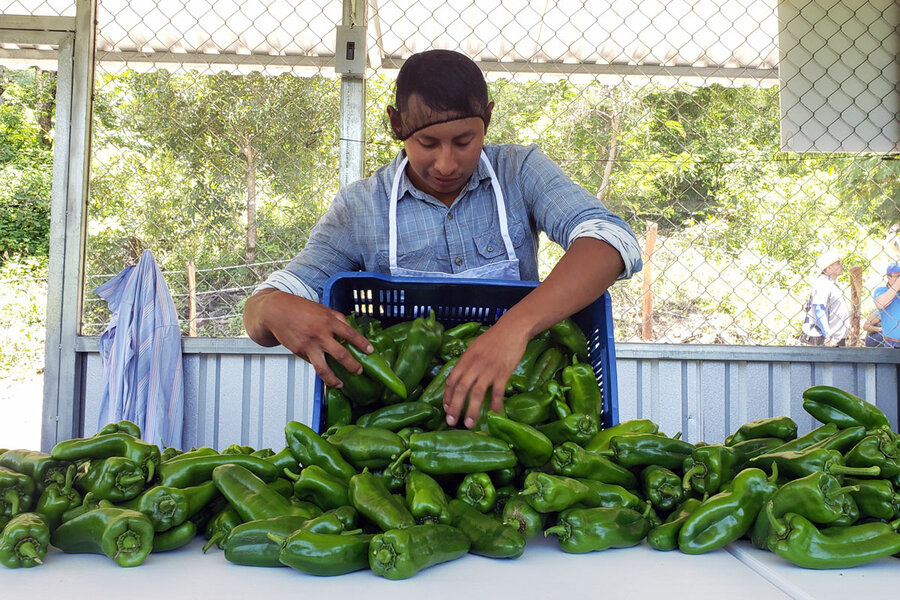
He takes pride in the fresh produce the team take to market and sell: "Several people will benefit from our products, those who buy them, other families-it's a chain that motivates, it's a quality product."
Cristino says that this work of cultivating and selling requires a magic ingredient-love!
The project equips the men with the technical knowhow for this form of agriculture, renewable energies, fertigation (injecting fertilizers) and hydroponics while providing access to the market. From constructing the greenhouse to learning about facilitating varied diets, the "green gold" initiative has strengthened family ties and social smooth-runnings.
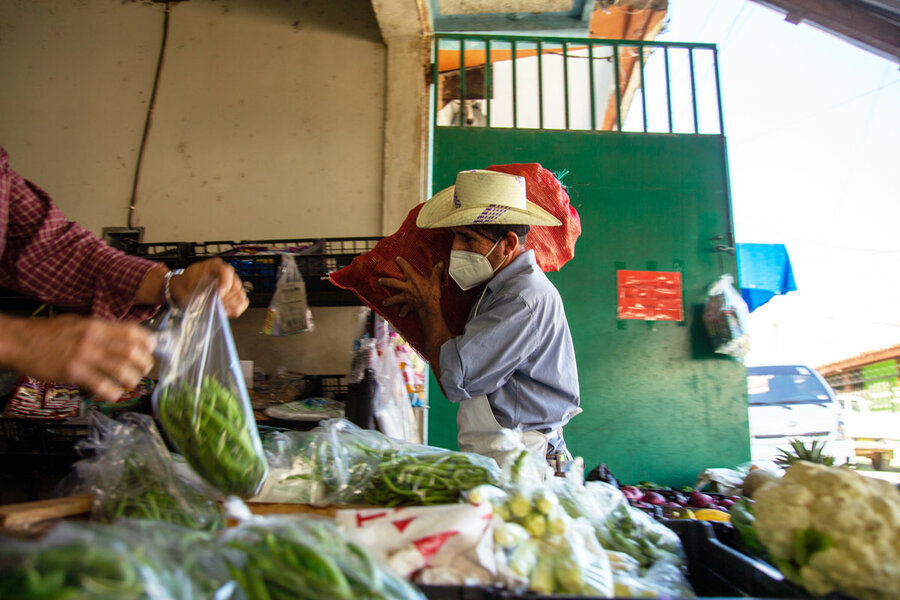
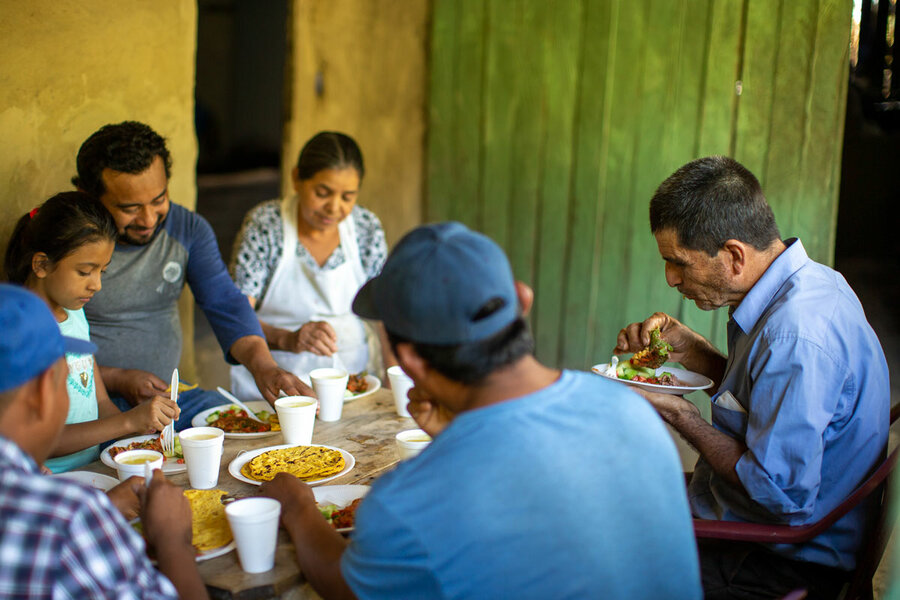
The team frequently donate part of their products to a community school supplying nutritious meals to children. During the COVID-19 pandemic, due to mobility restrictions imposed by the Government to prevent the spread of virus, the group marketed its products in the community at lower prices than those on the market.
WFP concluded its intervention at Cacaopera last April, but continues to provide tech support.
The success of the smallholder farmers shows how building self-reliance and access to markets can change lives.
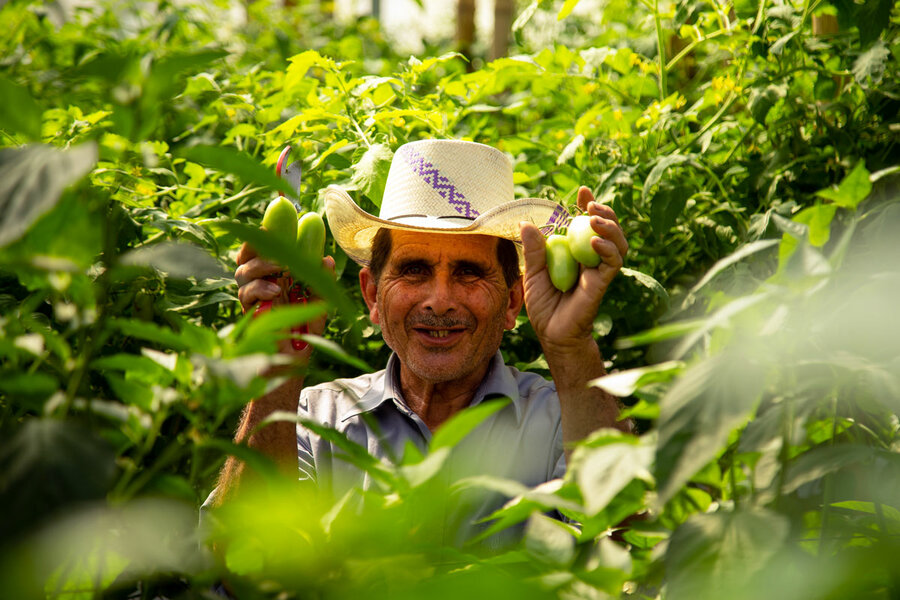
In a mark of his passion for the project, Cristino says: "I want to be buried in the greenhouse and maybe some young man in my family will be able to buy a vehicle to drive the chilli peppers and cucumbers ... that is my dream."
Last year, WFP provided emergency food assistance to 150,000 people in El Salvador, a country of 6 million people, whose lives were ravaged by tropical storm Amanda, which arrived in June killing 30 people, compounding the challenges posed by COVID-19.
Donors supporting the highlighted initiative include the Italian Agency for Development Cooperation and the Korea International Cooperation Agency.






